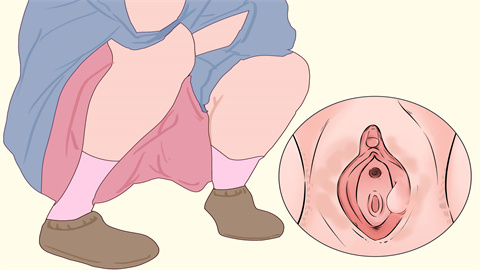What are the benefits of squats?
Generally speaking, squats offer benefits such as enhancing muscular strength, promoting bone health, improving cardiopulmonary function, facilitating metabolism and fat burning, and improving balance and coordination. A detailed analysis is as follows:

1. Enhance Muscular Strength
Squats can significantly strengthen the muscles of the thighs, glutes, and core muscle groups. This increase in strength not only helps improve posture but also enhances athletic performance, such as running and jumping.
2. Promote Bone Health
By applying appropriate pressure to the bones, squats help promote bone growth and development. Particularly for the elderly, this can help slow bone loss and prevent osteoporosis.
3. Improve Cardiopulmonary Function
Squats are a physically demanding exercise that consumes large amounts of oxygen, promoting chest inhalation and exhalation, thereby enhancing cardiopulmonary function and increasing lung capacity.
4. Promote Metabolism and Fat Burning
Squats are an exercise that quickly elevates heart rate, effectively increasing calorie consumption and improving fat-burning efficiency. Consistently performing squats over time helps with weight loss and body shaping.
5. Improve Balance and Coordination
Squats require coordinated engagement of various muscles and joints. Practicing squats can improve the body's balance and coordination, enhance physical stability, and reduce the risk of falls and injuries.
During regular squat exercises, it is important to maintain correct posture to avoid excessive forward movement, inward collapse, or outward rotation of the knees, thus minimizing joint strain. Additionally, it is important to appropriately plan the frequency and intensity of squats according to individual conditions, avoiding overexertion that could lead to muscle strain or joint injuries.








